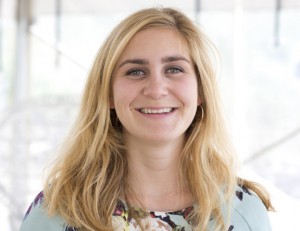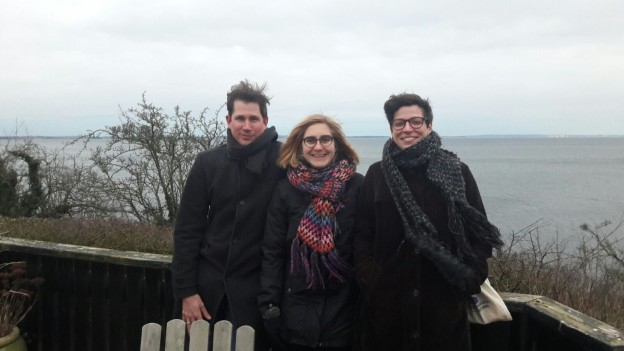“Big news! It is confirmed: We’re on strike in April!” The lovely peace and quietness of the 6th floor’s left wing is abruptly disturbed. For a few weeks now, rumors about Aarhus University being included in the nation-wide strike of the public service workers have been a daily occurrence. With talks between the government and the union(s) deadlocked, the country is now preparing for a major historical event. Apparently, Denmark is not only famous for its ‘hygge’ and its gender-friendly policies: striking turns out to be serious business, too. The stop to work should last not one day or two, but an entire MONTH. In response, the Agency for the Modernisation of Public Administration has issued a lockout notice which applies to the majority of Aarhus University’s employees. In the event of a strike/lockout, my supervising professor here in Aarhus, Hagen Schulz-Forberg, will no longer be allowed to enter the building. But more surprisingly, it could be that even Teresa and I, visiting PhD scholars with no strings attached to Denmark for this matter, will not be able to reach the office. Will what started as dream scholarship turn into a nightmare?
“The exchange of ideas with both Hagen and Teresa inspires me every day and helps me keeping up the working flow and working on my dissertation even harder than I did in Amsterdam.”
It all began in Jyvaskyla, about one year ago. During the APH conference, I met both Hagen Schulz-Forberg, associate professor in Aarhus, and Teresa Malice, PhD candidate at the Universities of Bologna and Bielefeld. Over a glass of wine, we discussed the opportunity of 4-month writing-scholarship in Aarhus. At that time, I had never heard of Aarhus, but the idea of writing in the peace and quietness of a Scandinavian country, under the supervision of an emphatic political historian, immediately appealed to me. Furthermore, my original PhD proposal did include a question about a comparison between the Dutch and Danish post-war administrations of justice. Fortune favors the bold: I decided to apply for the scholarship, the week before Christmas I received the good news, and on February 5 I had already started my first week in Aarhus.

So far, things have been great. The exchange of ideas with both Hagen and Teresa inspires me every day and helps me keeping up the working flow and working on my dissertation even harder than I did in Amsterdam. I also received immediate support from several Danish historians, in particular Niels Wium Olesen, in my quest for literature on Danish policies towards German nationals after 1945. Last week, Thomas Welskopp from Bielefeld University came over to teach and/or preach about “praxeology”, and at the end of this week we will have a small ‘hide away’ in Kalø (see photo!). The occasion will be a workshop on Neoliberalism, but there will also be time to discuss Teresa’s project on Italian-GDR town twinnings and my own research on Dutch post-war policies towards Germans nationals. Last but not least, there is this wonderful library – Aarhus University offers great facilities to (PhD-)students, including open access to almost every journal you can think of and full body massage chairs.
A lockout would ruin the good marriage between hard work and intellectual encounter. It would disable the contact between Hagen, Teresa and me for at least four weeks, as Hagen’s e-mail would also be shut down. Teresa and I would be forced to work in a café or at the public library in the city center, whereas the fact that we have our own office here was one of the (many) reasons why we decided to come to Aarhus in the first place. All in all, a strike and the lockout would challenge our schedules, which at this point in our PhD are pretty tight, consistently. Of course, as political historians we are also enjoying the hot debates amongst our colleagues. We are intrigued by this Danish uproar, and with great enthusiasm we discuss the differences and similarities between the Danish, Italian (Teresa), German (Hagen) and Dutch (myself) societies. But in the end, we keep our fingers crossed, hoping that an agreement will be found. In two weeks, we will know more. To be continued.
Marieke Oprel, affiliated to the Dutch Research School of Political History and PhD Candidate at Vrije Universiteit Amsterdam & Institute for German Studies Amsterdam
Image: Trip to Kalø. From left to right: Hagen Schulz-Forberg, Marieke Oprel, and Teresa Malice

